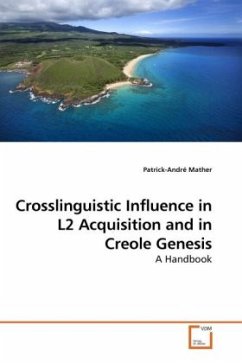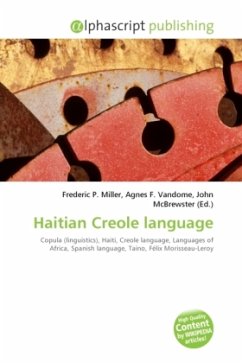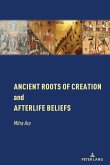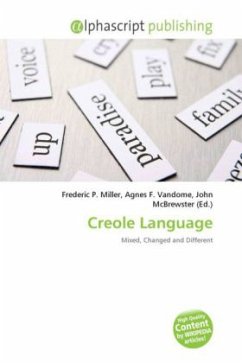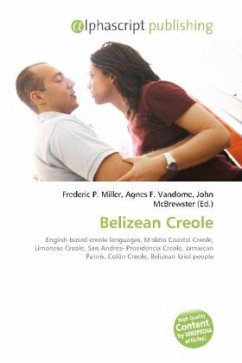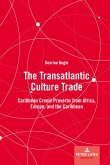There is increasing evidence that most European- lexifier plantation creoles developed over several generations, as successive waves of African slaves acquired increasingly basilectal varieties of the lexifier language, allowing shift-induced interference to play a central role in creole genesis. The major claim of the model of creole genesis presented in this volume, which can be called the gradualist / second language acquisition model, is that creole genesis does not involve any specific mental processes or strategies other than those found in ordinary second language acquisition. While in normal, successful second language acquisition, L1 transfer, relexification and reanalysis are relatively marginal in the end, they are nevertheless present, as shown in the many examples provided in this work. It is the social and historical circumstances that accelerated the changes and allowed interlanguage structures to fossilize and to create a new language from the linguistic chaos of plantation societies.
